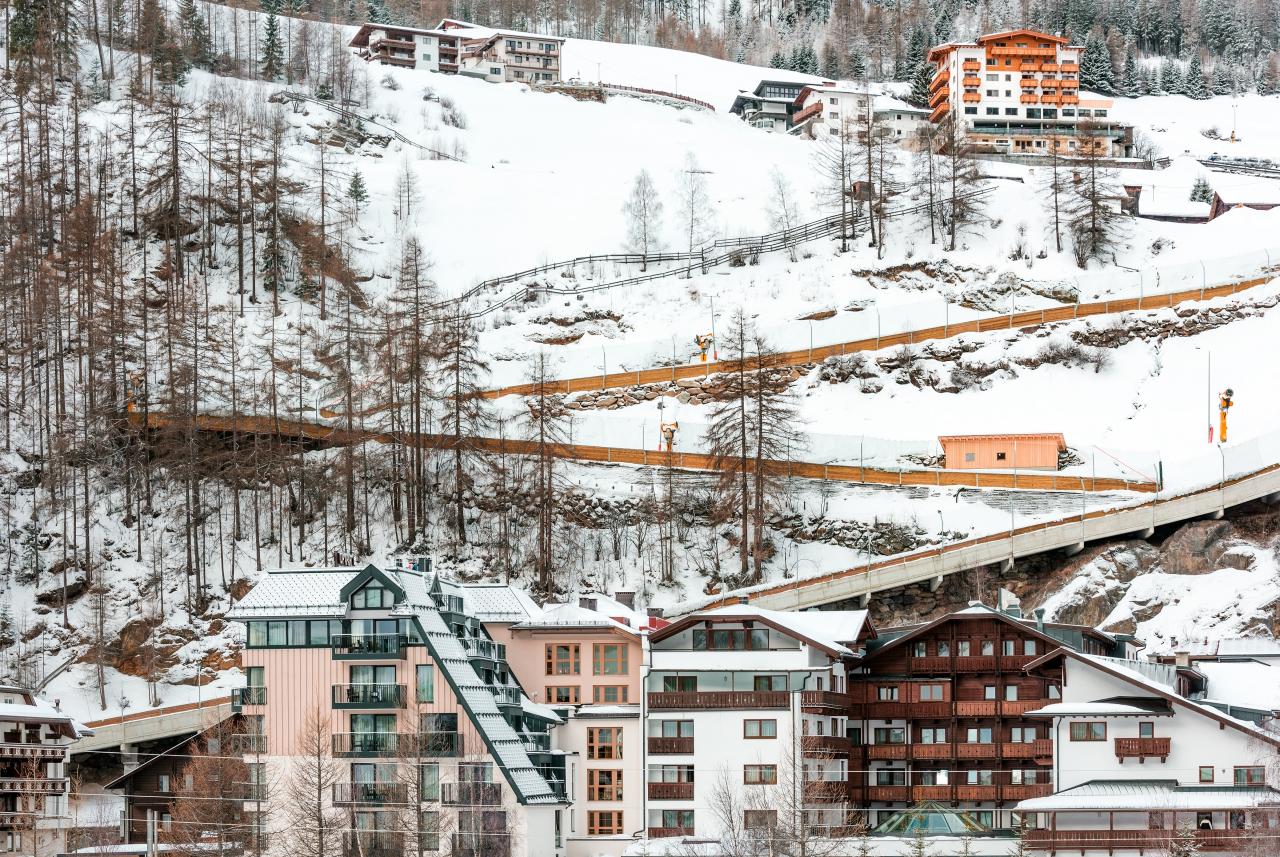Perhaps you remember reading these words by Charles Dickens:
“It was the best of times, it was the worst of times, it was the age of wisdom, it was the age of foolishness, it was the epoch of belief, it was the epoch of incredulity, it was the season of Light, it was the season of Darkness, it was the spring of hope, it was the winter of despair, we had everything before us, we had nothing before us.” – A Tale of Two Cities
You’re probably wondering what these words have to do with today’s hotels. It seems that some hotels have all the answers when it comes to attracting masses of business travelers to stay at their hotels. Direct bookings are up, so is their ADR and number of RNs, as well as the hotel’s yearly revenue. It’s the best of times; they are experiencing a season of Light, a spring of hope.
On the other side of the city street, other hotels currently find themselves stuck in a season of Darkness or winter of despair with plenty of vacant rooms going unused every week. Their survival depends largely on leisure travelers staying over the weekend and their increased dependence on the OTAs.
So, how do you keep your boutique hotel or independent hotel chain from dipping into an age of foolishness?
The “Age of Wisdom” is here
What makes the difference in determining whether or not it’s the best or worst of times? For hotels in business travel locations — city centers, corporate office in the suburbs, airports, project sites — it starts now as you enter and gear up for the RFP season and begin the process of selecting corporate partnerships that will help you capture a greater number of business travelers. Corporate partnerships include contracted negotiated rates along with Consortia and TMC hotel programs. Were you aware that 70% of hotel shops in the Sabre GDS are for negotiated or consortia rates? Business travel represents a significant source of revenue for hotels worldwide. According to the Global Business Travel Association (GBTA) 2018 BTI Outlook, business travel spend will grow from 1.3 trillion to an estimated 1.7 trillion by 2022. In 2018 alone, US business travelers alone logged 463.6 million person‐trips for business purposes, with 38% for meetings and events. Furthermore, corporate travelers tend to spend 23% more on a hotel room, are 54% less likely to cancel, and represent 82% Monday-Thursday bookings compared to 50% leisure travelers, based on Egencia data from 2018. While business travel continues to blossom bringing with it the epoch of belief, so is the competition amongst hotels. STR recently announced in their hotel inventory report that there are now over 550,000 new hotel rooms projected for 2019.Standing out in a crowded marketplace
How do you stand out against the competition and ensure your hotel gets its fair share of corporate bookings? When do you know consortia is right for you? First, you need to identify your target audience and build an action plan on how to reach them. Consortia and TMC hotel programs allow you to distribute your hotel rates at the point of sale (POS) to thousands of travel agents, their clients and business travelers in one concerted effort. Also, travel agents can increase the effectiveness of their marketing to their corporate customers by offering competitive rates in their CSR system for your hotel. Consortia is a great strategy for hotels looking for a weekday/slow period room filler, increased occupancy, and average higher ADR than Public or Negotiated Rates. Overall, hotels benefit from consortia and TMCs in four main ways:- Increased Visibility. Your hotel will be listed in each program directory and website and will have a special rate access code through the GDS.
- Greater Booking Potential. Travel agents look first at participant hotels when selecting the right property for their clients.
- Increased Revenue. These same travel agents generally make higher than average daily rate bookings.
- New Marketing Opportunities. Each program contains several opportunities to generate exposure, eventually leading to increased revenue.

